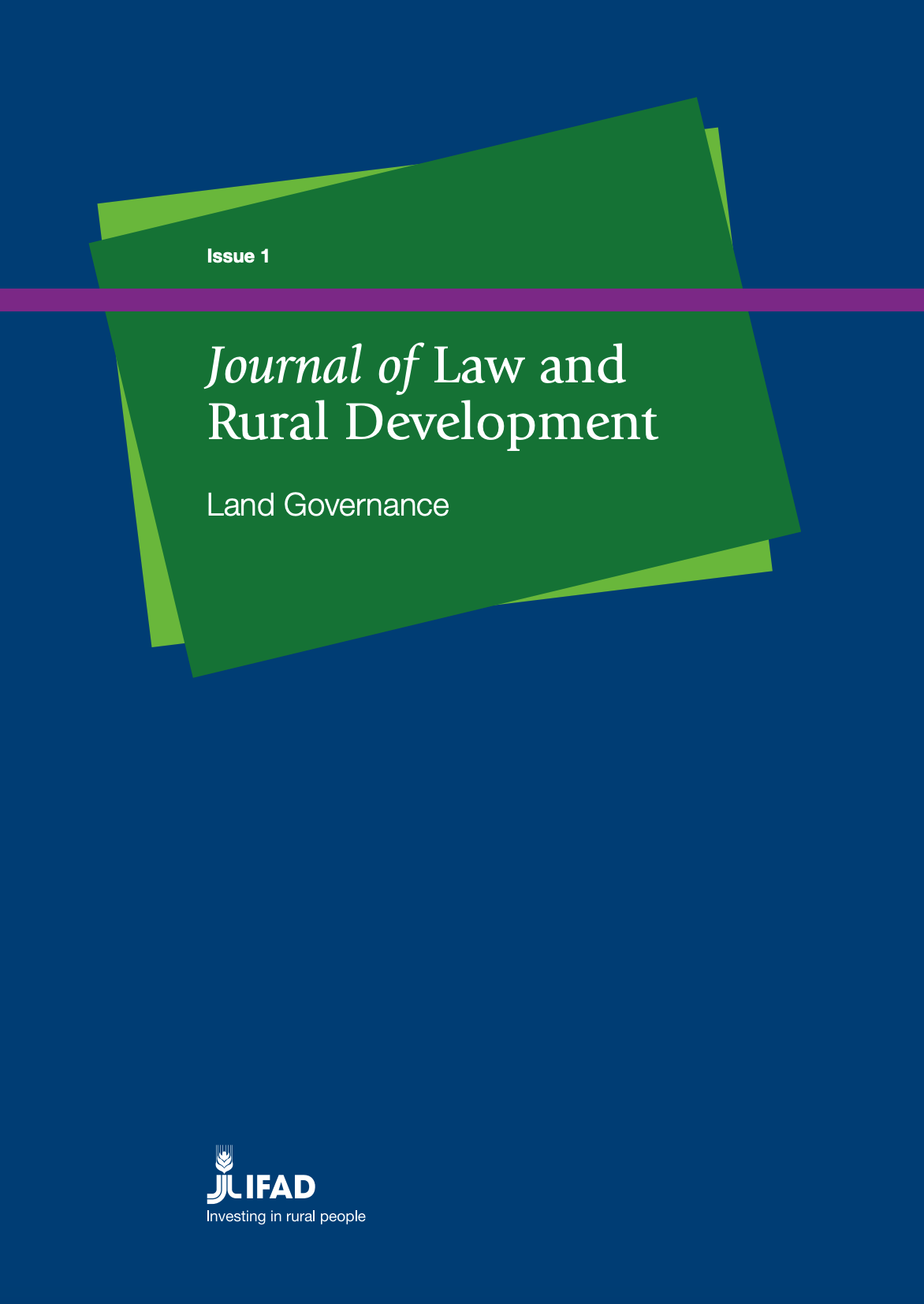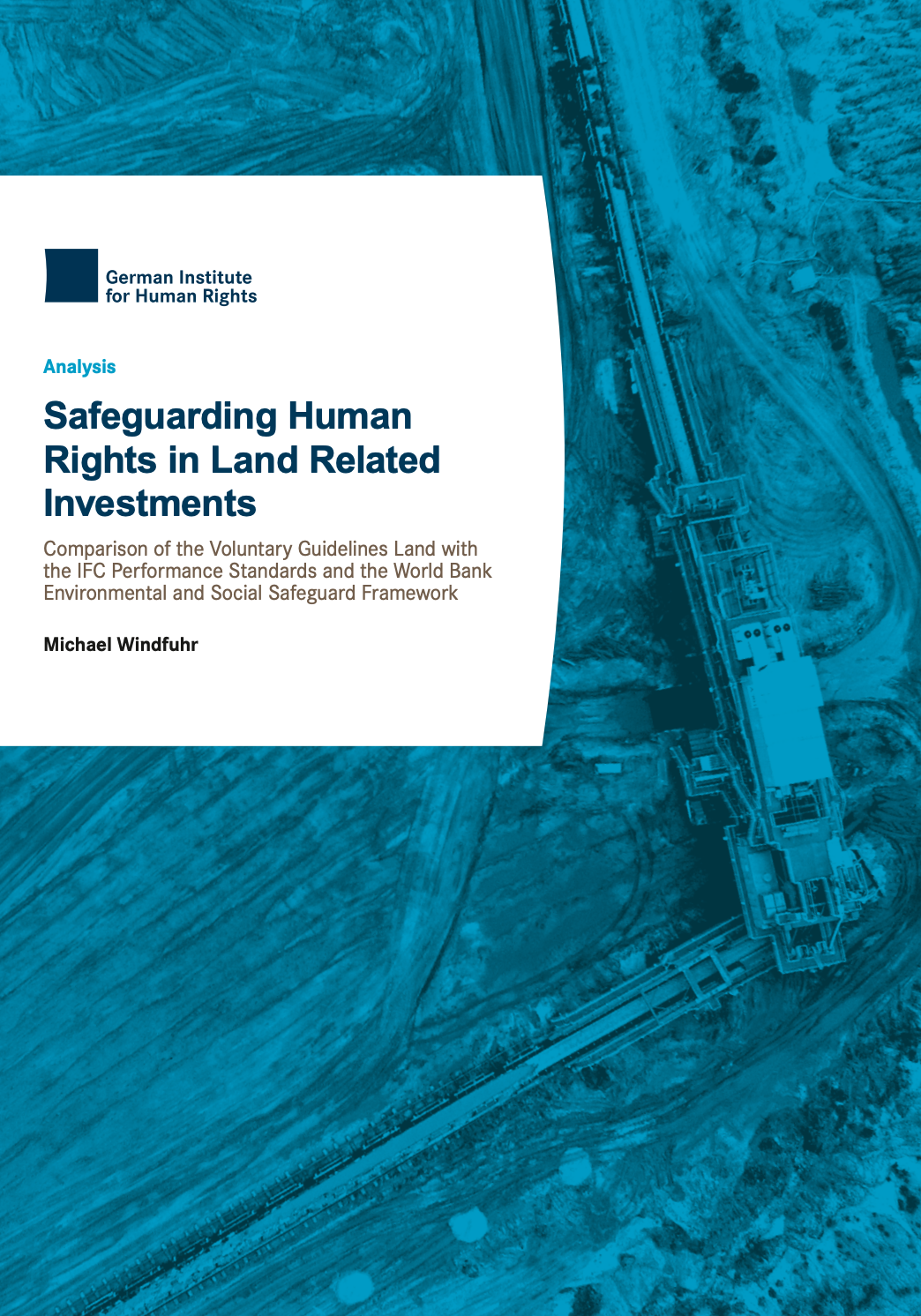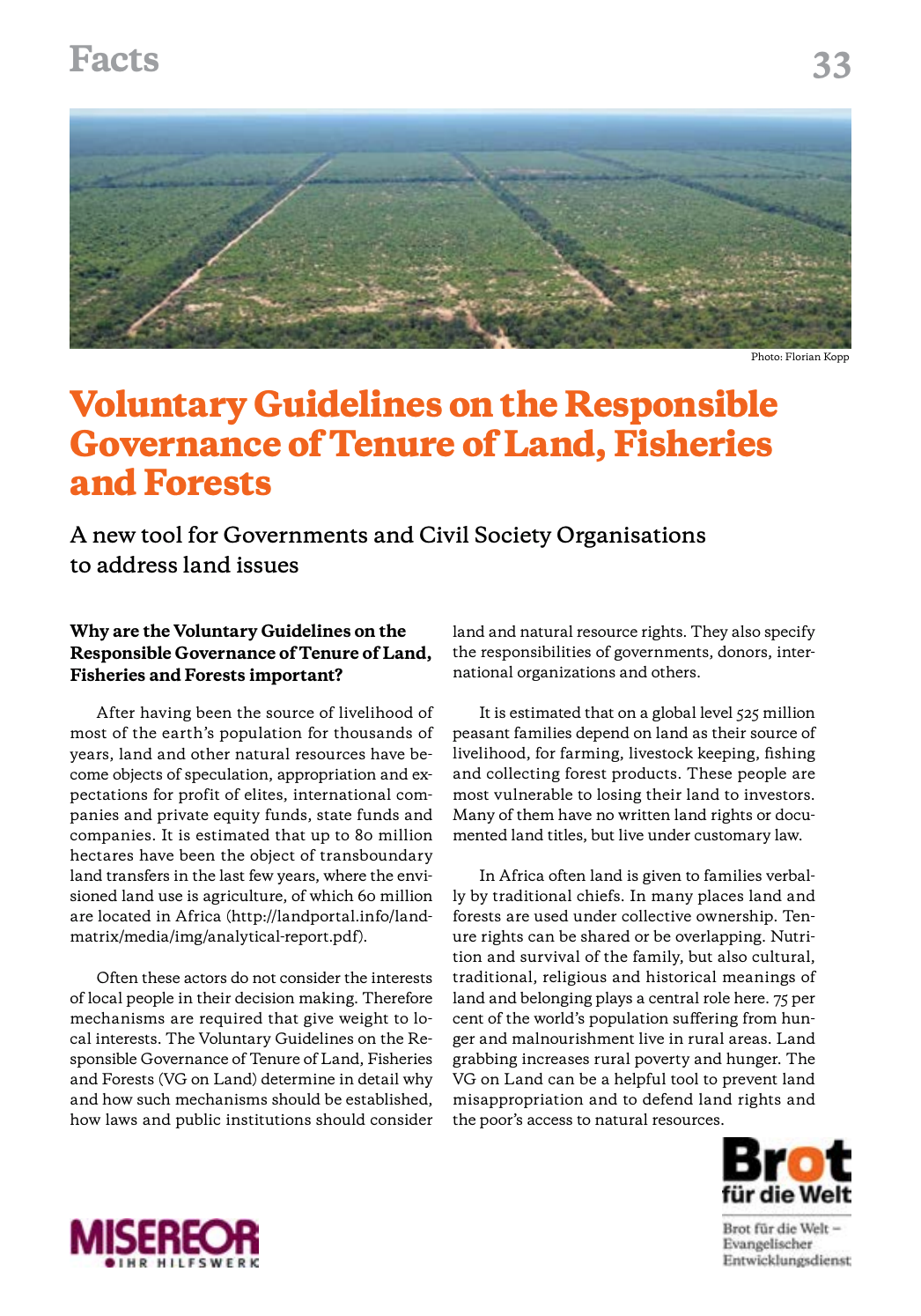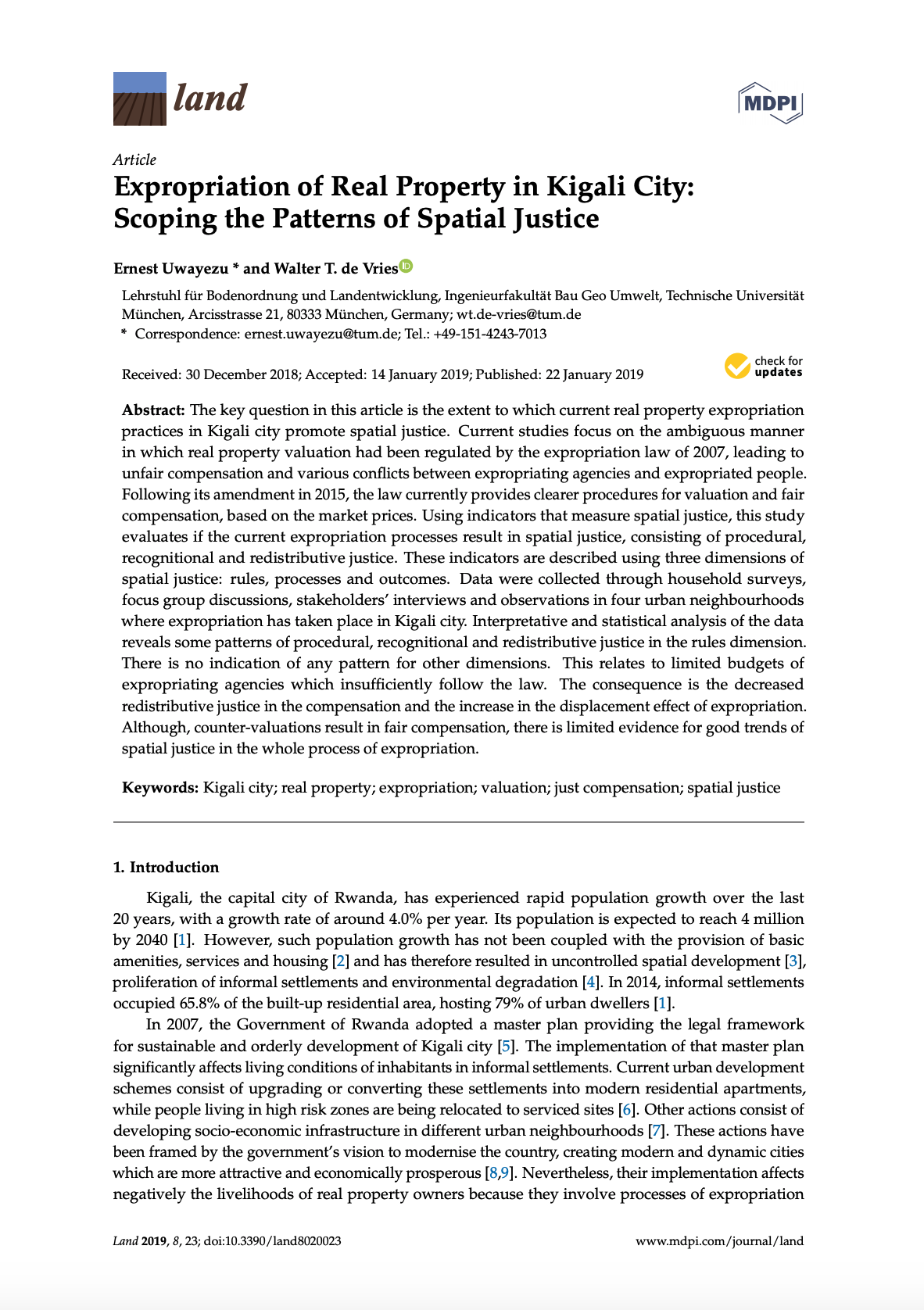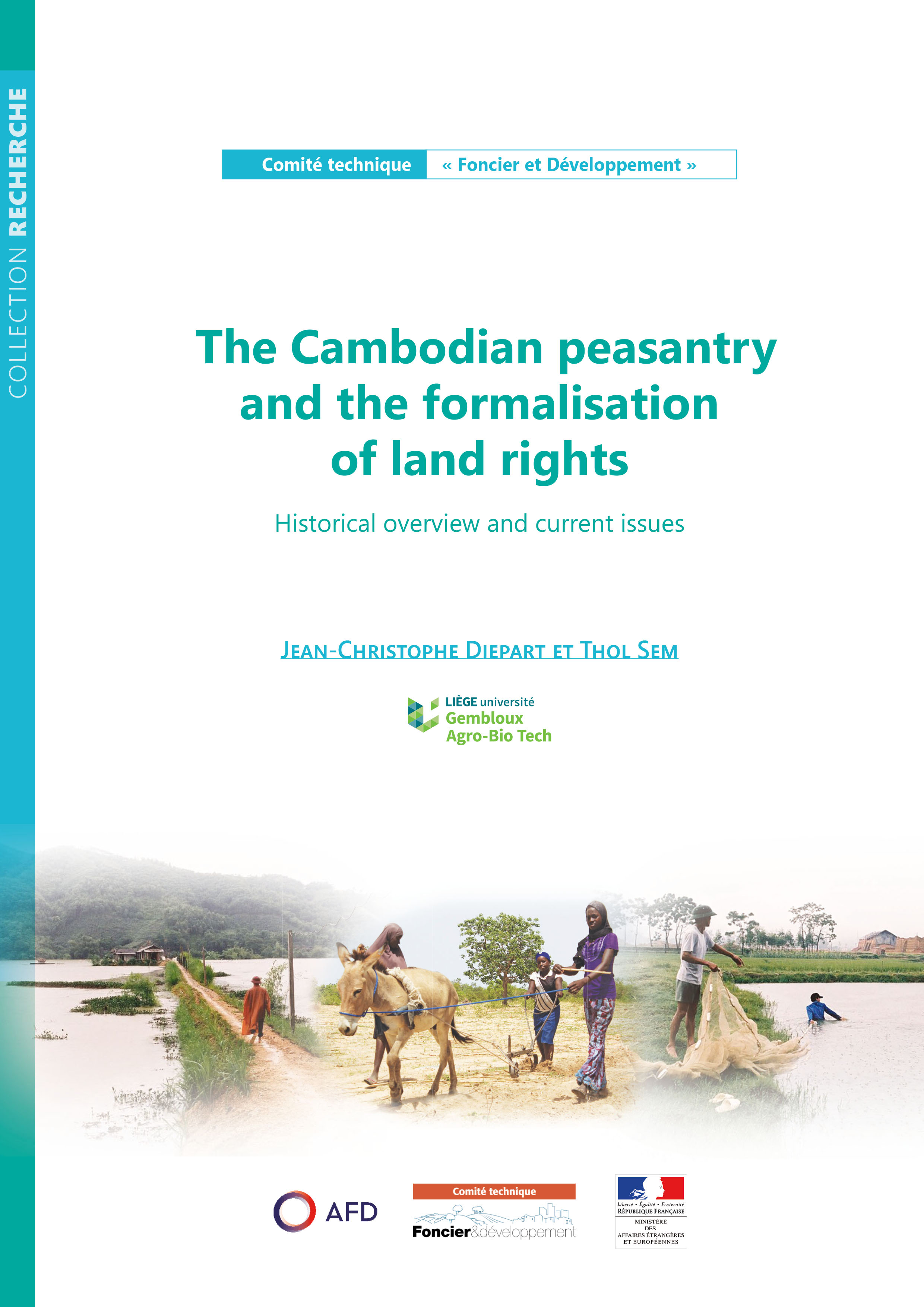Journal of Law and Rural Development: Land Governance
This is the first issue of the Journal of Law and Rural Development, published by IFAD. IFAD’s mandate to address rural poverty and promote rural development is unique among international organizations. For many years IFAD limited its activities to financing projects and programmes implemented by its Member States, but over the last decade it has begun to transform itself into a knowledge centre and a key participant in the international policy dialogue around rural development issues. The launch of this journal is another step forward in this transformation.

